Trivastal LA
✅ Enhances dopamine function
✅ Alleviates Parkinson’s symptoms
✅ Improves motor function
✅ Reduces rigidity and tremors
✅ Increases mobility
Trivastal LA contains Piribedil.
Product Overview
Trivastal LA is a prescription medication containing piribedil as its active component. This dopamine receptor agonist is primarily prescribed for managing symptoms of Parkinson’s disease and restless legs syndrome (RLS). The long-acting tablet formulation ensures gradual medication release, providing continuous symptom control with convenient once-daily administration. By stimulating dopamine receptors in the central nervous system, Trivastal LA enhances motor function and alleviates characteristic symptoms of these neurological conditions, thereby improving patients’ daily functioning and quality of life.
Uses
This medication is clinically approved for:
– Symptomatic treatment of Parkinson’s disease (including tremor, rigidity, and bradykinesia)
– Management of moderate-to-severe restless legs syndrome (RLS)
Trivastal LA effectively reduces motor dysfunction in Parkinson’s patients and diminishes the uncomfortable limb sensations and movement urges associated with RLS, particularly during nighttime rest periods.
How to Use
Administration guidelines:
– Take orally with water; do not crush, chew, or split tablets
– Standard dosing is once daily, preferably with morning meals
– Dosage adjustments should only be made under medical supervision
– Maintain consistent timing for optimal therapeutic effects
– If a dose is missed, take when remembered unless close to next scheduled dose
Mechanism of Action
Piribedil functions as:
– A selective dopamine D2/D3 receptor agonist
– An alpha-2 adrenergic receptor antagonist
This dual mechanism enhances dopaminergic neurotransmission in nigrostriatal pathways while improving cerebral blood flow. The sustained-release formulation maintains stable plasma concentrations, ensuring continuous receptor stimulation for prolonged symptom control.
Dosage and Administration
Standard dosing protocol:
– Initial dose: Typically 50mg once daily
– Maintenance range: 50-150mg daily (adjusted gradually)
– Maximum daily dose: 250mg (in divided doses)
Special populations:
– Elderly: Initiate with lower doses
– Hepatic impairment: Requires dose reduction
– Renal impairment: No significant adjustment needed
Therapeutic Benefits
Clinical advantages include:
– Improved motor coordination and mobility
– Reduced Parkinsonian tremor severity
– Decreased RLS symptom frequency/intensity
– Enhanced sleep quality and duration
– Lower incidence of peak-dose dyskinesias
– Convenient dosing schedule improves compliance
Common Adverse Effects
Frequently reported reactions (≥1% incidence):
– Gastrointestinal: Nausea (15%), dyspepsia (8%)
– Neurological: Dizziness (12%), somnolence (9%)
– Cardiovascular: Orthostatic hypotension (5%)
– Psychiatric: Vivid dreams (4%)
Most side effects are dose-dependent and diminish with continued therapy.
Important Precautions
Special warnings:
– Monitor for impulse control disorders
– Caution in patients with cardiovascular risk factors
– Risk of sudden sleep onset during daily activities
– Potential for drug-induced psychosis in elderly
Contraindications:
– Hypersensitivity to piribedil
– Severe hepatic dysfunction
– Concomitant use with antipsychotics
Storage Requirements
Proper storage conditions:
– Temperature: 15-30°C (59-86°F)
– Protection from humidity and light
– Keep in original blister packaging
– Store securely away from children
– Discard expired medication properly
Medical Disclaimer
This information serves educational purposes only and does not constitute medical advice. Treatment decisions should be made in consultation with qualified healthcare professionals. While we strive for accuracy, individual responses to medication may vary. Always report any unexpected symptoms to your prescribing physician and maintain regular follow-up appointments for optimal treatment monitoring.
| Strength | 50 mg |
|---|---|
| Quantity | 30 Tablet/s, 60 Tablet/s, 90 Tablet/s, 180 Tablet/s |
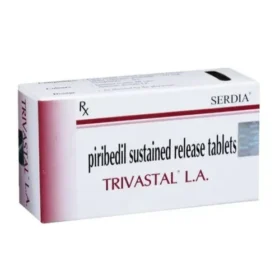 Trivastal LA
Trivastal LA









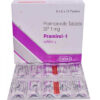

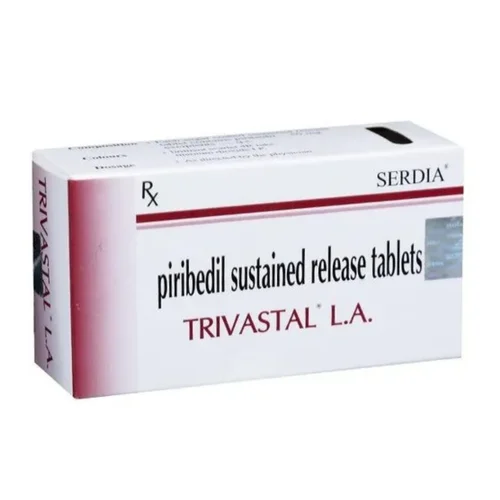
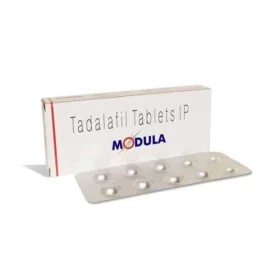
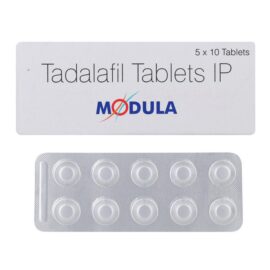


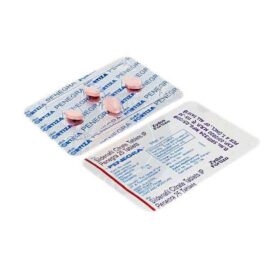
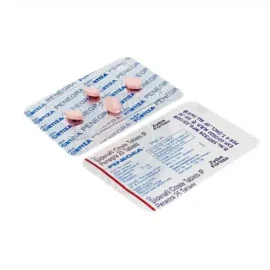
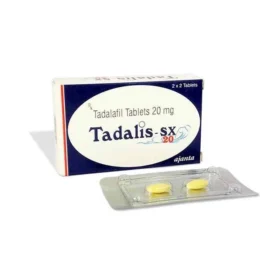
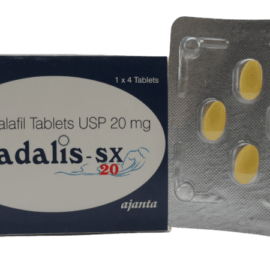
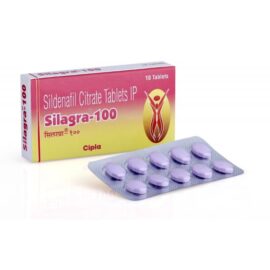
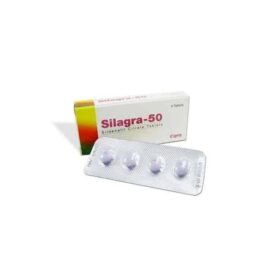
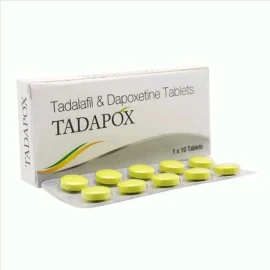
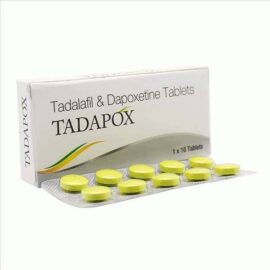
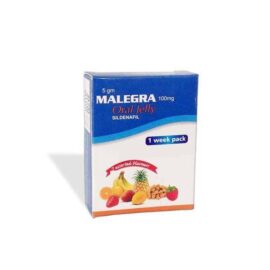
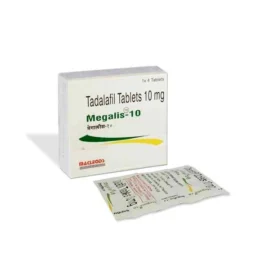
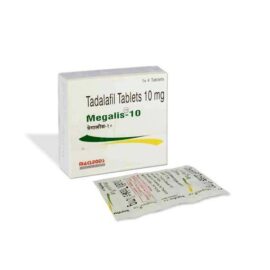
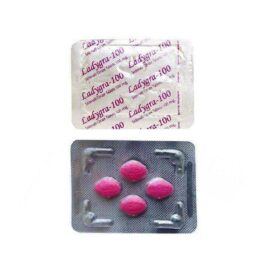

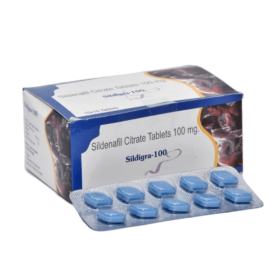
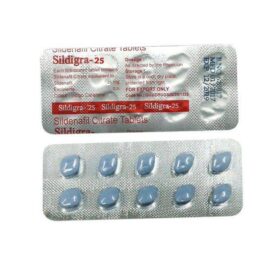
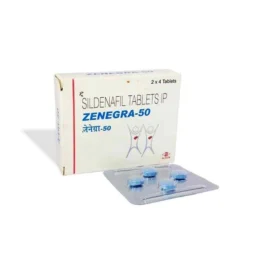
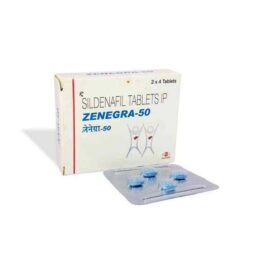
Reviews
There are no reviews yet